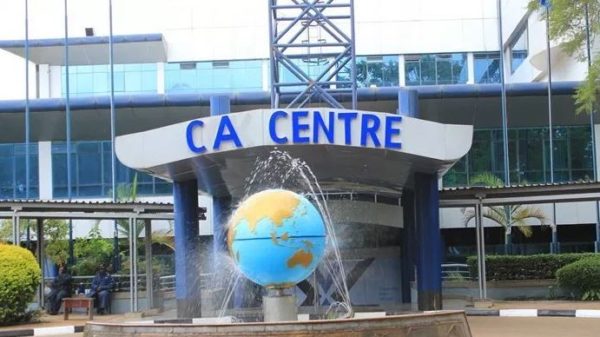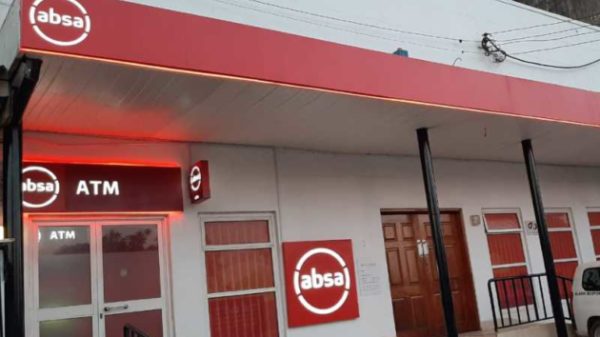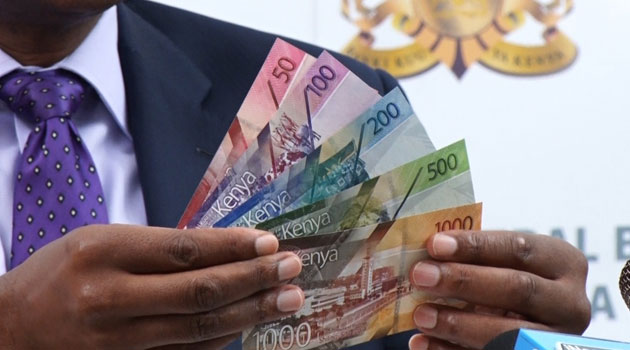By Shishir Gupta
MAY 6 – Despite advancements in technology, many people in emerging economies are still unable to access global financial systems, send or receive payments and store wealth due to limited access to banking.
According to the Kenya Bankers Association (KBA), less than 37 percent of Kenyans have access to a bank account — those most disadvantaged being the people living in remote, rural areas.
With smartphone and internet penetration however increasing, cryptocurrencies, which are digital assets maintained in decentralized systems, can offer an alternative to traditional banking.
Using block chain technology, these currencies can allow for near-instantaneous and low-cost transfer of resources to families who live in rural areas where there is little to no banking infrastructure.
As currencies in emerging economies continue to take a hit against major trade currencies, crypto currencies such as Bitcoin and USDT can also be adopted as a safeguard against inflation and devaluation.
Digital wallets such as the Sorted Wallet app, designed specifically for users in emerging markets, can be used to make utility bill payments, as well as store, send and receive Bitcoin and USDT.
Most crypto apps are built for people with the latest smartphones, fast internet, and banking access — items which millions of people living across Africa and Asia cannot access.
The Sorted Wallet app can be supported on KaiOS, which is the operating system that powers feature phones. It requires roughly 10 megabytes to download, depending on the type of device and version.
The app, which has over 250,000 users across Africa and Asia currently, is a non-custodial wallet — meaning only the user controls their assets and private keys.
Remittances fuel Africa’s economy, exceeding $100 billion in 2024. Sorted Wallet has a ‘request remittance’ feature, which enables users to request for overseas remittances via shareable links, thus receiving funds seamlessly.
As cryptocurrencies continue to gain traction across the world, recognizing their potential and creating favorable policies for adoption, can attract investments, stimulate economic growth and financial inclusion.
Educating the public and creating awareness around how to use digital assets safely, could also help to increase adoption and ensure that people are able to reap the full benefits of cryptocurrencies.
The writer is managing director, Sorted Wallet

















































